Search results for 'red pigments 0'
-
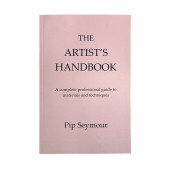
Artist's Handbook
£30.00 -
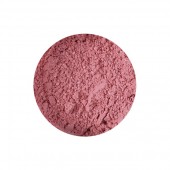
Rose Madder Genuine Pigment
Starting at: £15.80
-
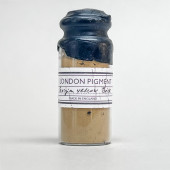
London Pigment, Georgian Yellow Brick Pigment
£18.00 -
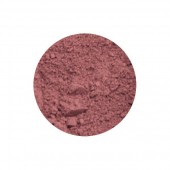
Madder Lake Genuine Pigment
Starting at: £10.20
-
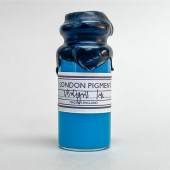
London Pigment, Verdigris Ink, 20 ml
£20.00
-
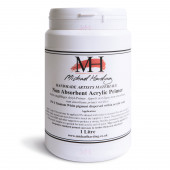
Michael Harding Non Absorbent Acrylic Primer White
Starting at: £21.20
-
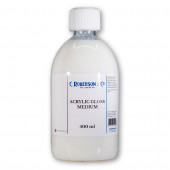
Roberson Acrylic Gloss Medium
Starting at: £11.20
-

Michael Harding Non Absorbent Acrylic Primer - Clear Transparent
Starting at: £21.20
-
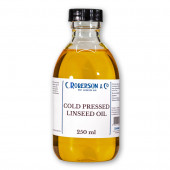
Roberson Cold Pressed Linseed Oil
Starting at: £7.50
-
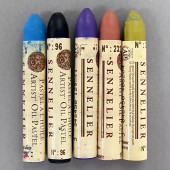
Sennelier Oil Pastels Standard
Starting at: £2.85
-
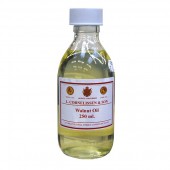
Cornelissen Walnut Oil
Starting at: £8.20
-
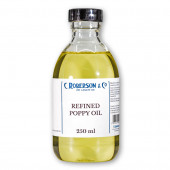
Roberson Poppy Oil
Starting at: £10.20
-
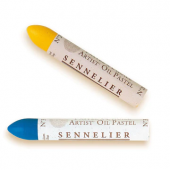
Sennelier Oil Pastels Large
Starting at: £11.50
-
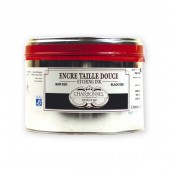
Charbonnel Blacks
Starting at: £18.60
-
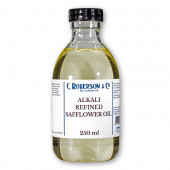
Roberson Safflower Oil
Starting at: £7.70
-
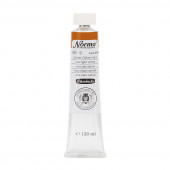
Schmincke Norma Artists' Oil 120ml
Starting at: £19.50
-
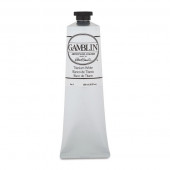
Gamblin Oil Colours 150ml
Starting at: £27.20
-
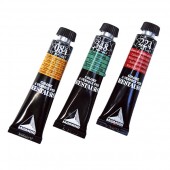
Maimeri Restoration Colours
Starting at: £17.50
-
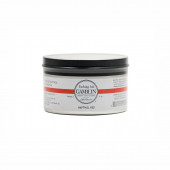
Gamblin Etching Inks 300ml
Starting at: £20.90
-
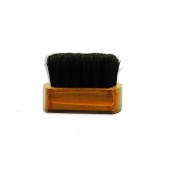
Sosaku Brush 60mm
£18.60
-
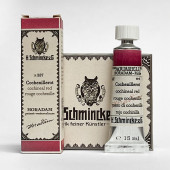
Schmincke Horadam Retro Watercolour, Cochineal Red, 15 ml Tube
£15.00 -
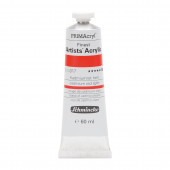
Schmincke PRIMAcryl 60ml
Starting at: £7.60
-
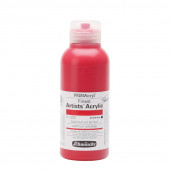
Schmincke PRIMAcryl 250ml
Starting at: £25.30
-
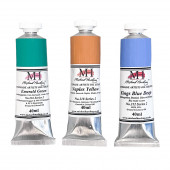
Michael Harding Artists' Oil Colour 40 ml
Starting at: £9.20
-
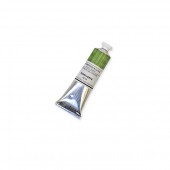
Roberson Artists' Oil Colour 40 ml
Starting at: £9.35
-
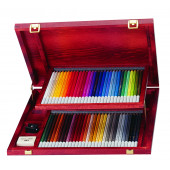
STABILO CarbOthello Pastel Pencil Set of 60 in Wooden Box
£175.00 -
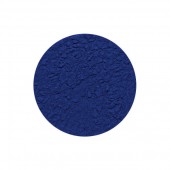
Ultramarine PB29 Pigment
Starting at: £9.10
-
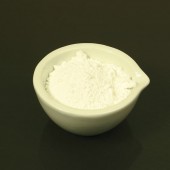
Alumina Hydrate Light
Starting at: £8.30
-

Transparent Containers
Starting at: £1.20
-
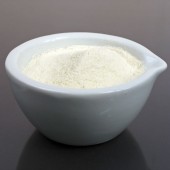
Gum Sandarac
Starting at: £8.60





